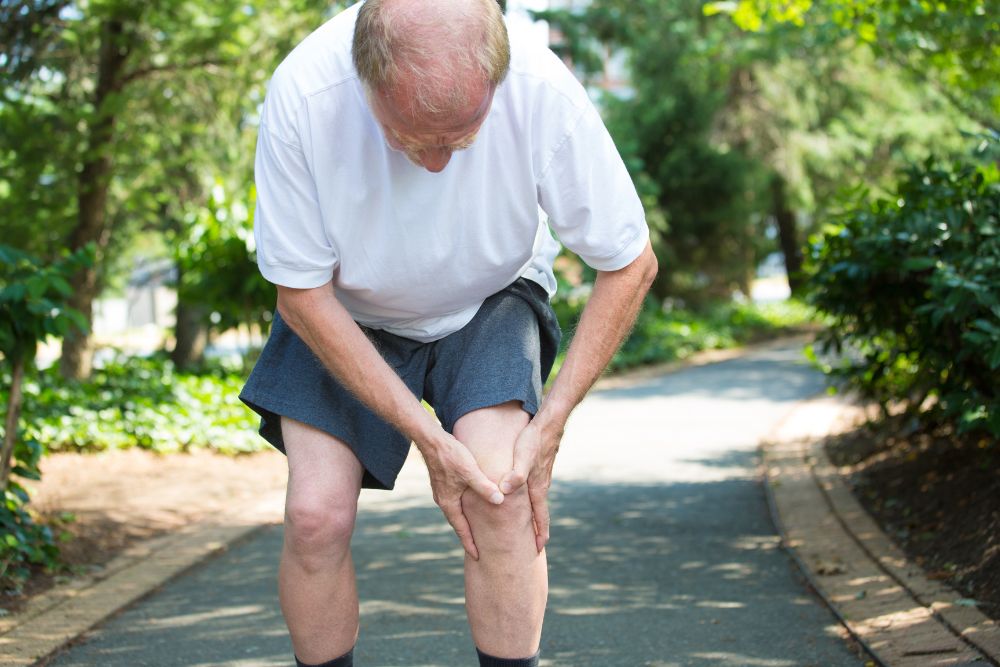Our bones provide vital support to our bodies throughout our lives, so it’s important to be proactive in maintaining their strength. Here are some practical methods to bolster your bones and improve your overall quality of life. These strategies will help you fight against, slow down, decrease, and prevent bone loss.

- Engage in weight-bearing exercises: Incorporating weight-bearing exercises into your routine promotes bone health. Walking, jogging, and strength training encourage bone adaptation and strength. Dancing or moving to music is also fun to increase bone health while improving mental well-being. Stimulating bone remodeling and promoting the deposition of new bone tissue can be achieved by subjecting your bones to controlled stress. Check out Harvard’s suggestions for effective exercises to prevent bone loss. Consult with a professional for personalized exercise recommendations based on your needs and abilities.
- Ensure sufficient calcium and Vitamin D levels: Calcium and vitamin D are vital in maintaining optimal bone health. Calcium is a primary building block for bones, and vitamin D aids in calcium absorption. Incorporate calcium-rich foods like leafy greens and fortified cereals into your diet to ensure adequate levels. It’s also beneficial to safely expose yourself to sunlight or consider vitamin D supplements. Consult your healthcare provider to determine the appropriate dosage and safe sun exposure.
- Adopt a balanced diet: A well-rounded, nutrient-rich diet is essential for overall health, including bone health. Include a variety of foods that provide essential vitamins and minerals, such as fruits, vegetables, whole grains, lean proteins, and healthy fats. Opt for low-sodium foods and limit sugary beverages and processed snacks. A balanced diet supports your body’s ability to absorb crucial nutrients for maintaining strong bones. Remember, a plate bursting with a rainbow of nutrients looks appealing and nourishes your bones.
- Avoid common risk factors: Certain lifestyle choices and habits can increase the risk of bone loss. Limit alcohol consumption and refrain from smoking, as both have been linked to decreased bone density. Prioritize fall prevention measures to reduce the risk of fractures. Ensure a safe home environment by removing clutter, installing handrails, and improving lighting. Preventing falls is crucial, especially for already fragile bones. Explore more tips on fall prevention here. Regular vision check-ups and exercises to improve balance and strength are also beneficial.

By incorporating these ways to fight bone loss into your lifestyle, you can take proactive steps toward maintaining strong and healthy bones. Remember, bone health requires consistent effort and attention throughout your life. Embracing these practices will empower you to safeguard your bone health and lead an active, fulfilling life. It’s incredible to think that you have the ability to slow down, decrease, and prevent bone loss by making a few healthier choices every day.
If you found this article helpful, you can read the original post by Home With Help here.
If your senior parent or loved one is struggling with pain, independence or safety – we can help. View our network of trusted coalition members now.

